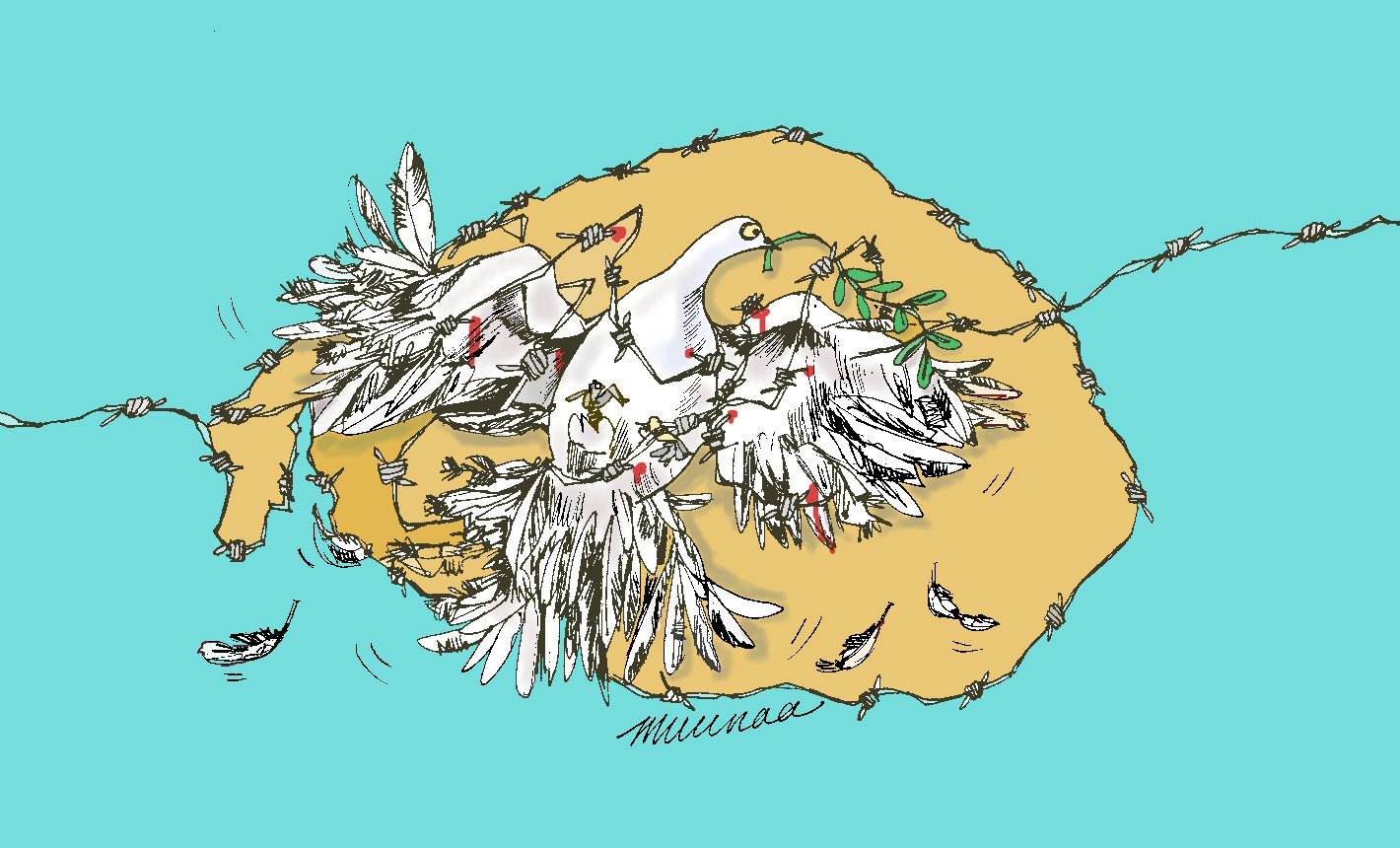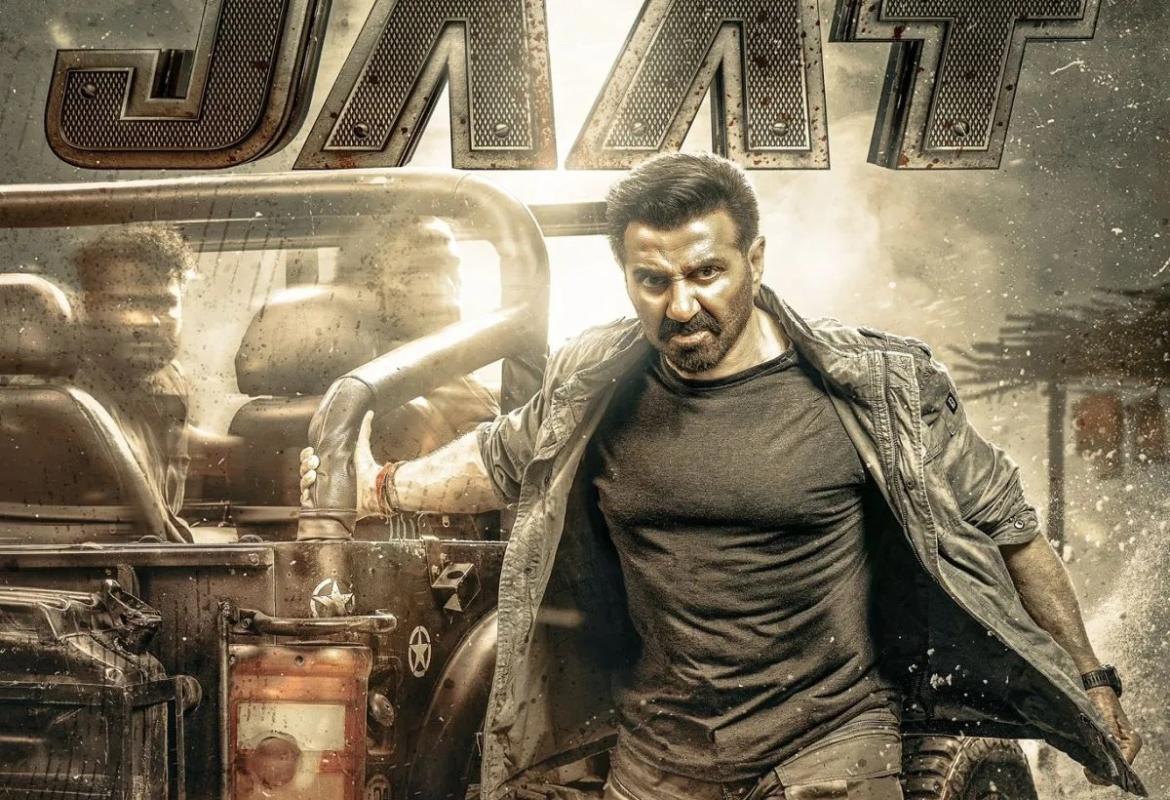The Figment of ‘Post-Conflict’ Sri Lanka
 |
Sri Lanka’s present political predicament is already somewhat hastily being described as ‘post-conflict’ by both international and local actors, for example by both the Government of Sri Lanka and the IMF.
However, there are very good reasons for remaining sceptical about the use of this terminology, not just because of the nebulousness of definitions of conflict (and a simplistically assumed opposition with peace), and its injudicious past use in places like Afghanistan, but also due to present dynamics in Sri Lanka which are being deliberately papered over and viewed through a skewed lens.
Indeed, ‘post-conflict’ is a misnomer that flows from the predominance of a particular international common sense knowledge and the way it understands the power dynamics in the interface of the global and local that we find in Sri Lanka.

